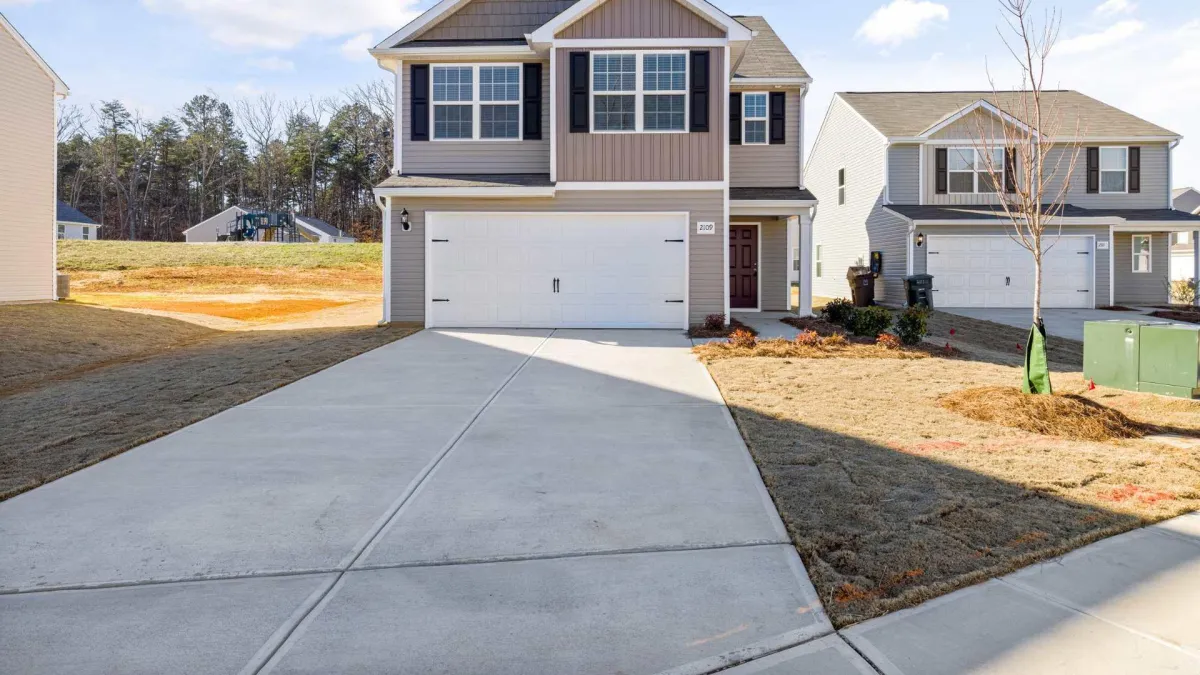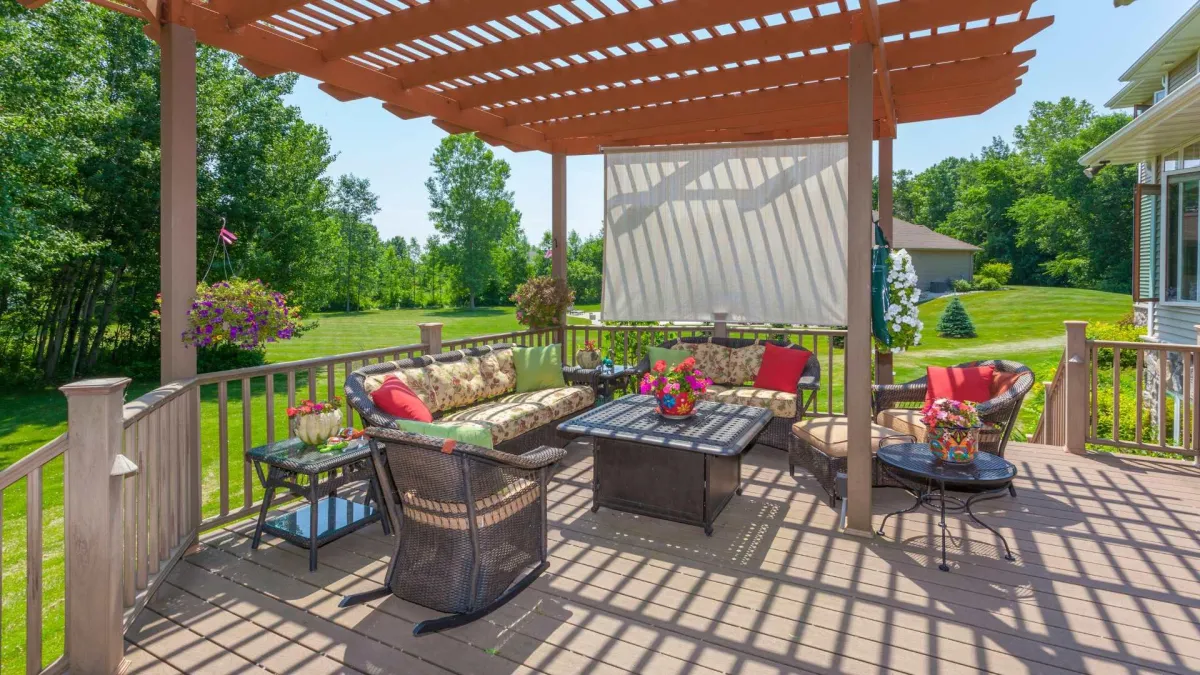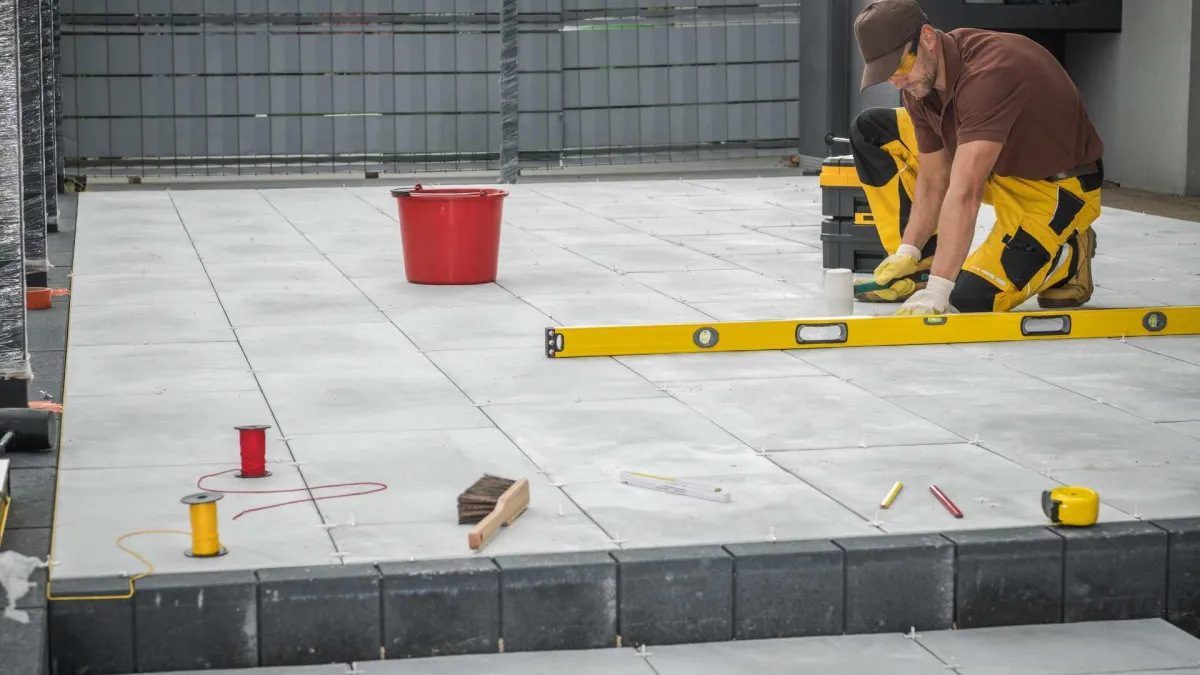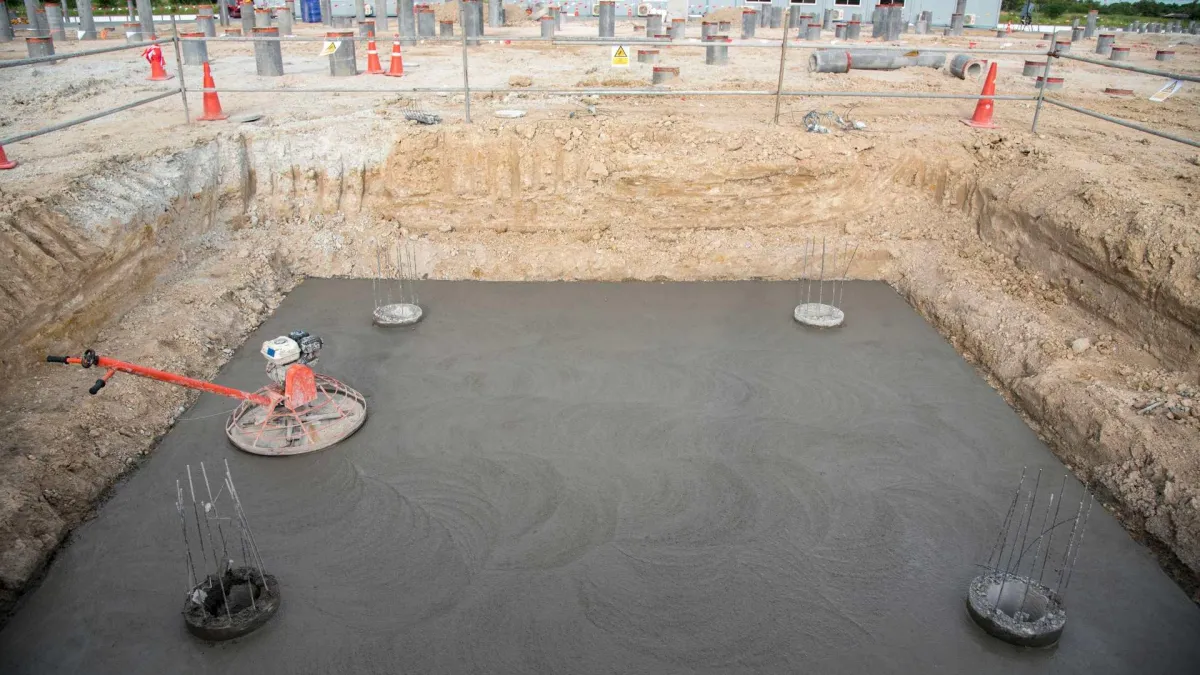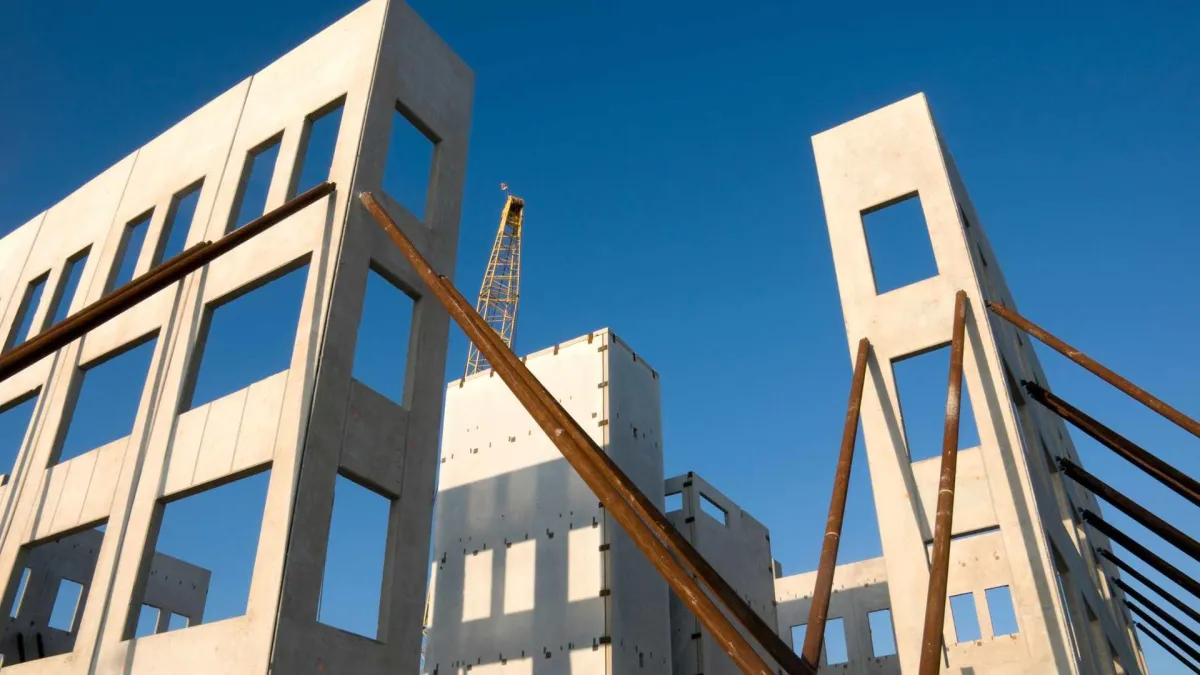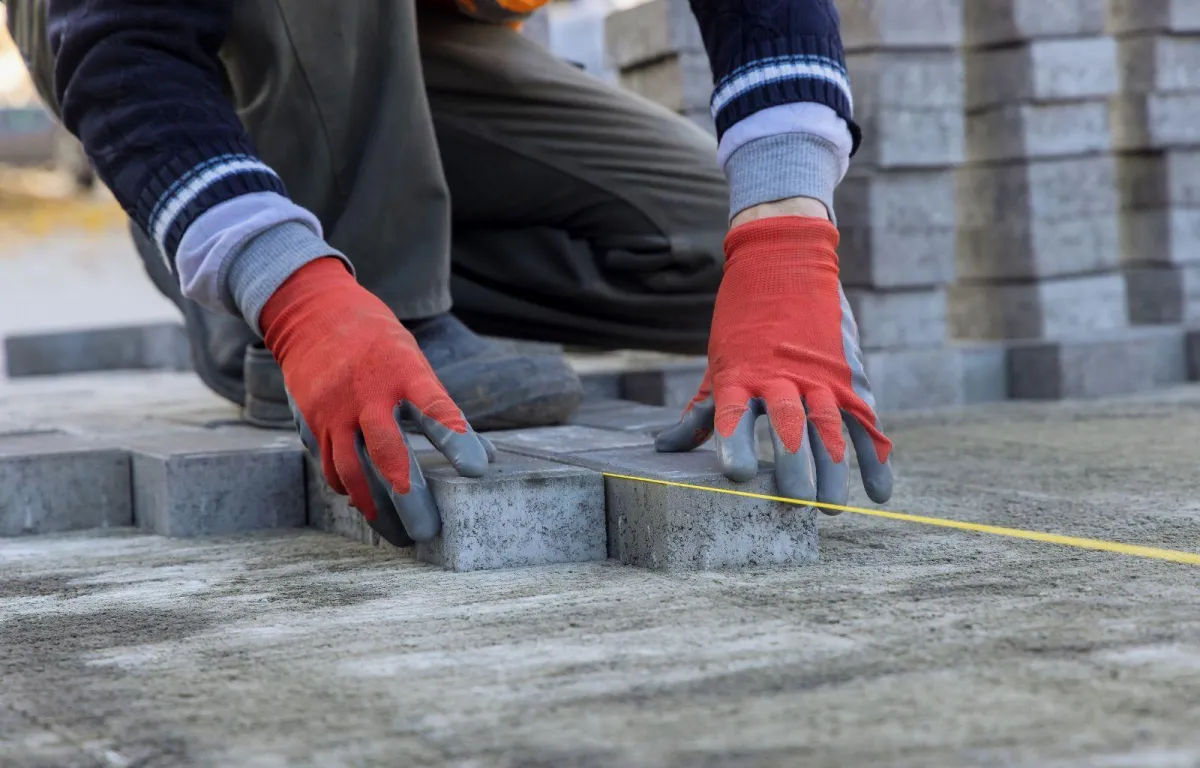Concrete Commandos Melbourne
Melbourne’s Go-To Team for Concrete Driveways, Patios & Foundations
When it comes to dependable, long-lasting concrete work in Melbourne, there’s only one name you need to know:
Concrete Commandos Melbourne . With over a decade of hands-on experience serving Brevard County, we specialize in everything from residential driveways to large-scale commercial foundations . Our team is known for fast turnarounds, honest pricing, and unmatched craftsmanship, all backed by a satisfaction guarantee. Whether you're a homeowner needing a new patio or a general contractor managing a tilt-wall commercial build, we have the tools, crew, and concrete knowledge to get it done right the first time.
Get In Touch With Us!
Concrete Services We Offer
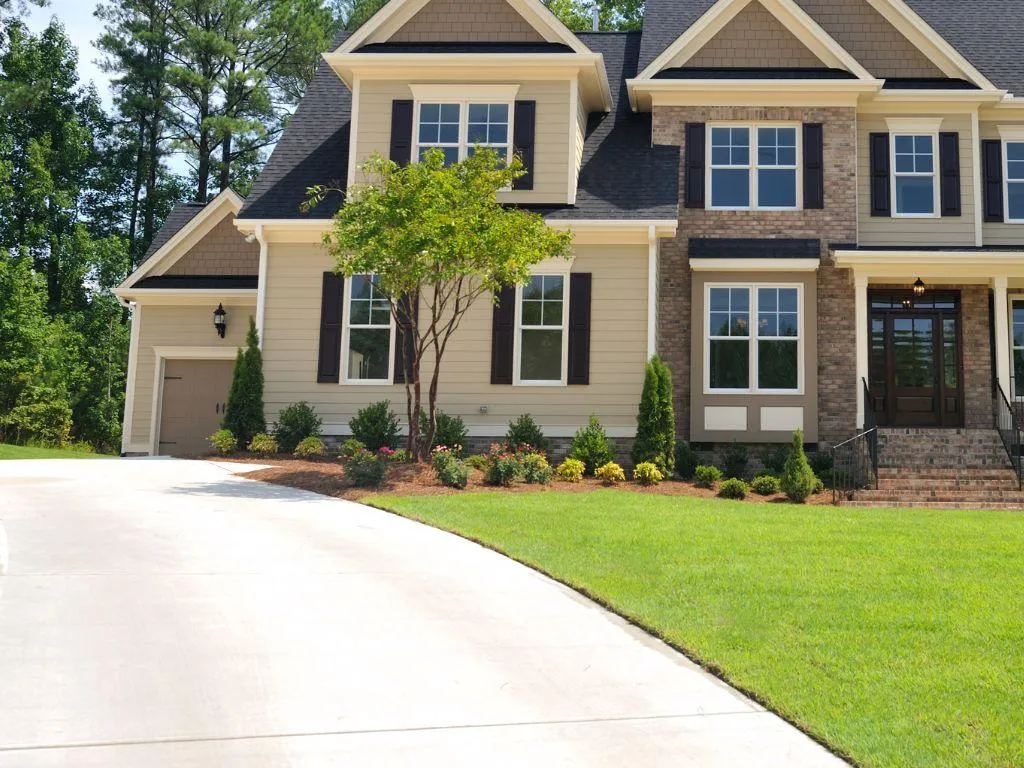
Concrete Driveways
Built to Last in Melbourne
Your driveway takes a daily beating from weather, weight, and wear. We pour concrete driveways that are built to handle Florida heat, soil movement, and constant traffic, all without cracking or shifting. What You Can Expect:
Reinforced Rebar Placement: Prevents structural failure and enhances load-bearing strength.
Broom Finish: Textured for traction and visual appeal.
Gravel Base Foundation: Compacted base ensures long-term support and proper water drainage.
Every driveway is custom built to match your vehicle load, local grading, and drainage. We carefully place control joints to minimize cracks and apply a clean finish that enhances both durability and curb appeal.
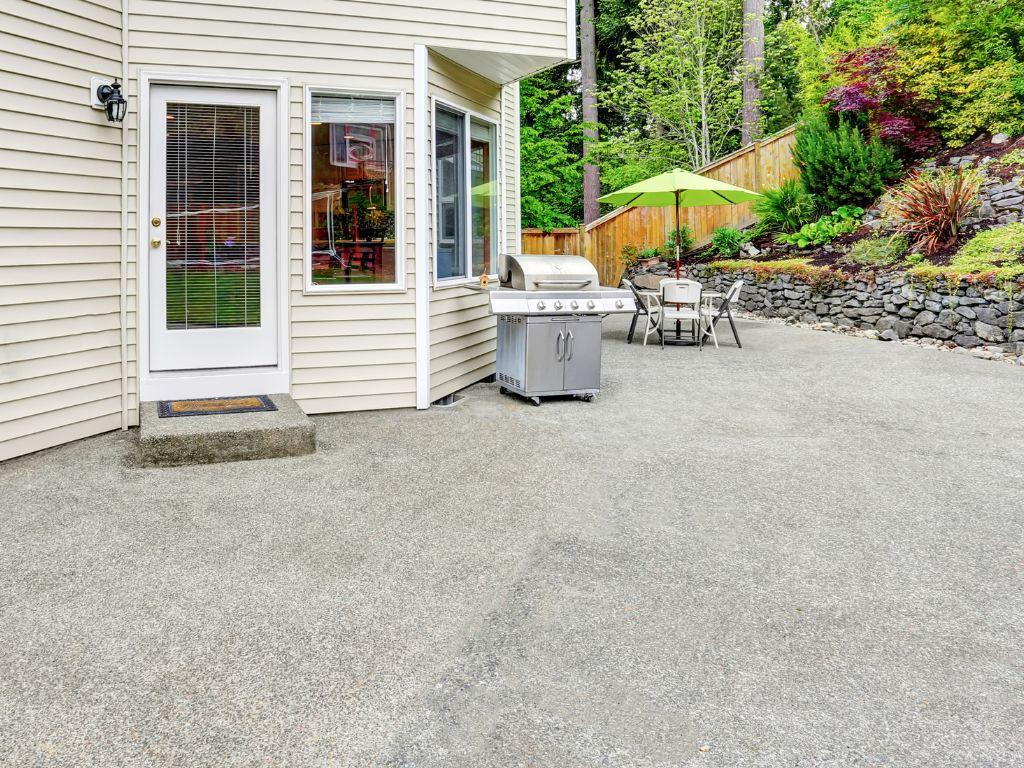
Concrete Patios
Functional Outdoor Living Made Easy
Expand your outdoor living with a beautiful concrete patio that’s functional, low-maintenance, and built to last through scorching Melbourne summers and heavy foot traffic. Why Homeowners Love Our Patios:
4” Concrete Slab with Gravel Base: Stable surface that resists shifting and settling.
Wire Mesh or Rebar Reinforcement: Keeps your patio from cracking under pressure.
Clean Finish Options: Choose from broom or light trowel textures for a slip-resistant surface.
Our patios are perfect for hosting friends, adding pergolas, or creating quiet outdoor retreats. We pour each slab to spec and ensure proper drainage so it stays safe and usable for years to come.
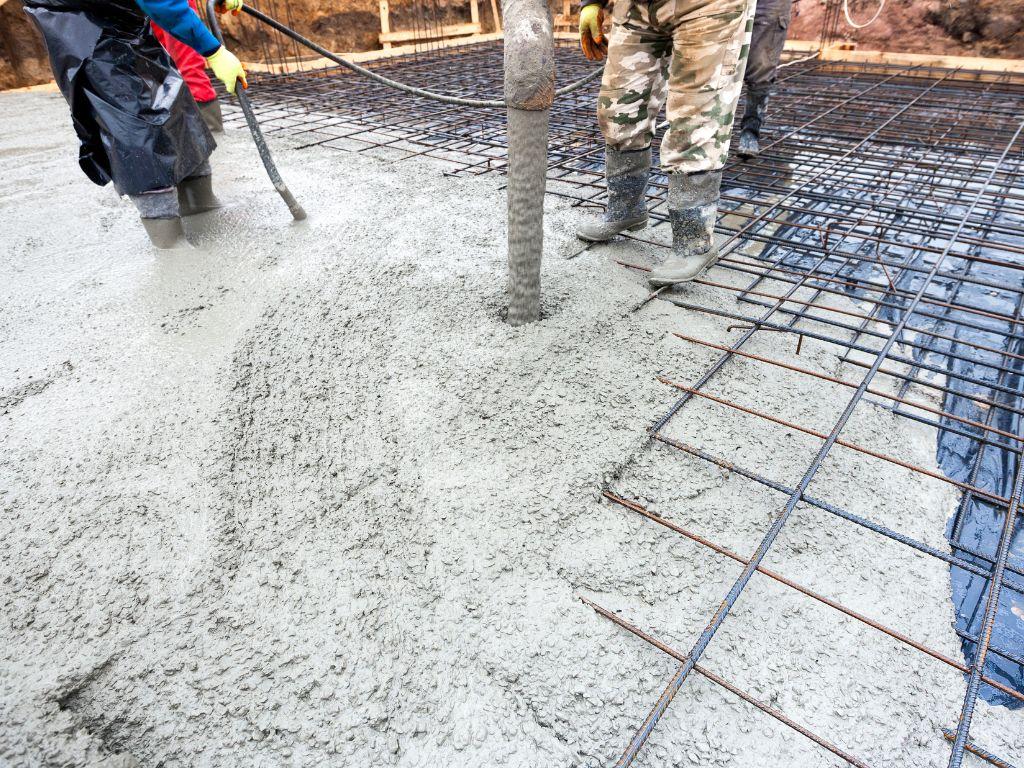
Foundation Slabs
Engineered Slabs for Strength & Stability
Your entire structure depends on a solid foundation. We build slabs and footings for homes, garages, sheds, and light commercial builds with exacting detail and site-specific engineering. Foundation Features:
Custom Concrete Mix PSI: Typically 3,000–5,000 PSI depending on structural load.
Curing Time Standards: Full strength after 28 days, with early set timelines considered during scheduling.
Vapor Barriers & Soil Prep: Grading, compaction, and moisture protection included.
We work closely with homeowners and contractors to ensure that each slab is properly reinforced, moisture-protected, and ready for whatever structure it will support, whether it’s a garage, ADU, or warehouse floor.
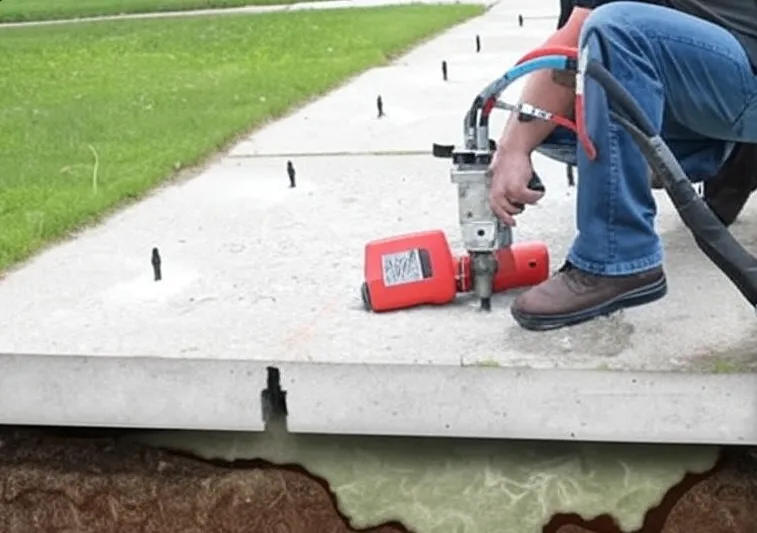
Slab Leveling & Slabjacking
Affordable Fixes for Uneven Concrete
Uneven sidewalks, sunken patios, and crooked garage slabs can be both unsightly and dangerous. Our slabjacking process restores your concrete without costly replacement.
What We Do:
Grout or Foam Injection: Fills voids beneath the concrete and lifts it evenly.
Zero-Tear-Out Process: No demolition required, making it fast and clean.
Accurate Leveling: Laser-guided tools ensure results within fraction-of-an-inch tolerance.
This non-invasive process saves time and money compared to full concrete replacement. We raise settled slabs back to their original position and stabilize the soil underneath to prevent future movement.
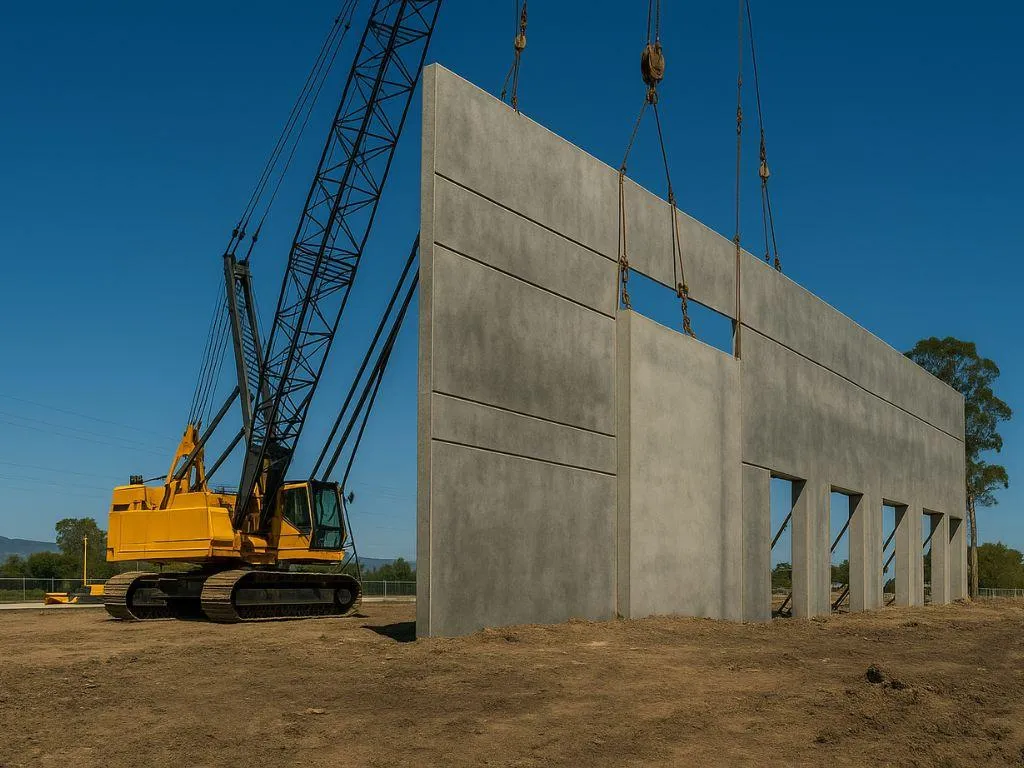
Commercial & Industrial Concrete
Large-Scale Concrete for Melbourne Businesses
From tilt-up construction to parking lots, we’re the go-to commercial concrete team for Melbourne builders. Our experience includes warehouse foundations, loading docks, slab-on-grade construction, and retail developments. Commercial Solutions Include:
Dock Ramps: Durable and OSHA-compliant for heavy equipment and truck access.
Parking Lots: Poured to code with marked sections, drainage slope, and long-lasting finishes.
Tilt Wall Panels: Engineered and poured on-site, then lifted into place with precision cranes.
We help developers stay on schedule and in compliance with structural demands. Our team is equipped for high-volume commercial work with the speed, equipment, and accuracy your project needs.
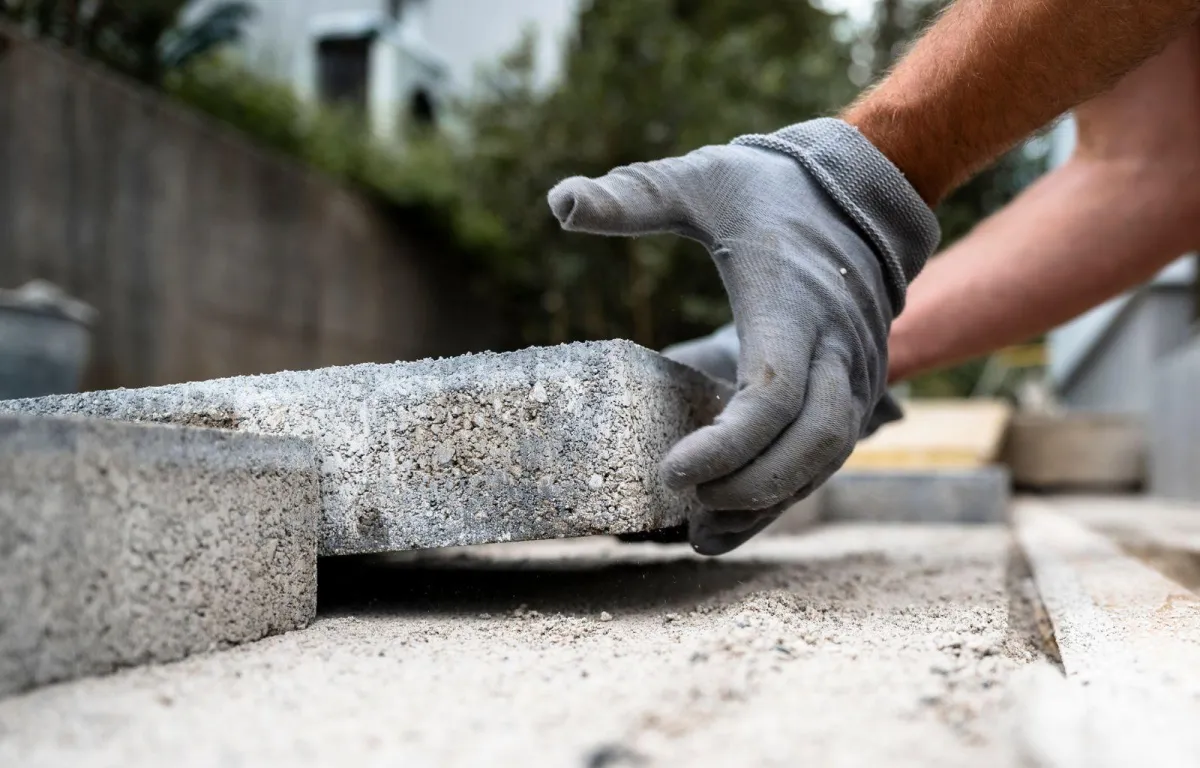
Pavers Contractor
Built for Lasting Beauty in Melbourne
Your outdoor surfaces endure constant exposure to Florida’s heat, heavy rains, and daily use. We design and install paver driveways, patios, walkways, and pool decks that combine strength, style, and functionality; all tailored to withstand Melbourne’s climate and soil conditions.
What You Can Expect:
Engineered Base Preparation: Compacted gravel and sand layers for superior stability and drainage.
Precision Installation: Interlocking pavers laid with exact spacing and edge restraints to prevent shifting.
Custom Patterns & Materials: Choose from concrete, brick, or natural stone in a variety of colors and designs.
Every paver project is customized to your space, traffic needs, and aesthetic goals. We install with durability in mind, ensuring your pavers stay level, resist wear, and maintain their visual appeal for decades
Why Concrete Commandos Melbourne?
Local & Family-Owned Since 2012
When you work with us, you're not just hiring a contractor. You’re getting a dependable partner who shows up, does it right, and stands behind the work.
13+ years of experience
All work backed by warranty
Consistent crew, consistent results
Transparent quotes & timelines
Use of top materials (fiber mesh, gravel base, rebar, sealers)
Every job is engineered and executed with attention to detail that meets Florida building codes and exceeds expectations.
How it works

Get a Free Quote
Call us at 321-339-3161 or fill out our short form to request a free estimate. One of our team members will reach out to schedule a time to check out your concrete project needs.

Receive an Estimate
After we assess the job, you'll get a written estimate with the details and cost. Just reply to confirm, and we’ll arrange a time that works best for you to get the job done.

Complete the Job
Our professional crew will arrive on the scheduled date, complete the project, clean up any debris, and leave your property looking great!
Concrete Contractor
SERVICES We Offer
Brevard County Service Area
Project Gallery
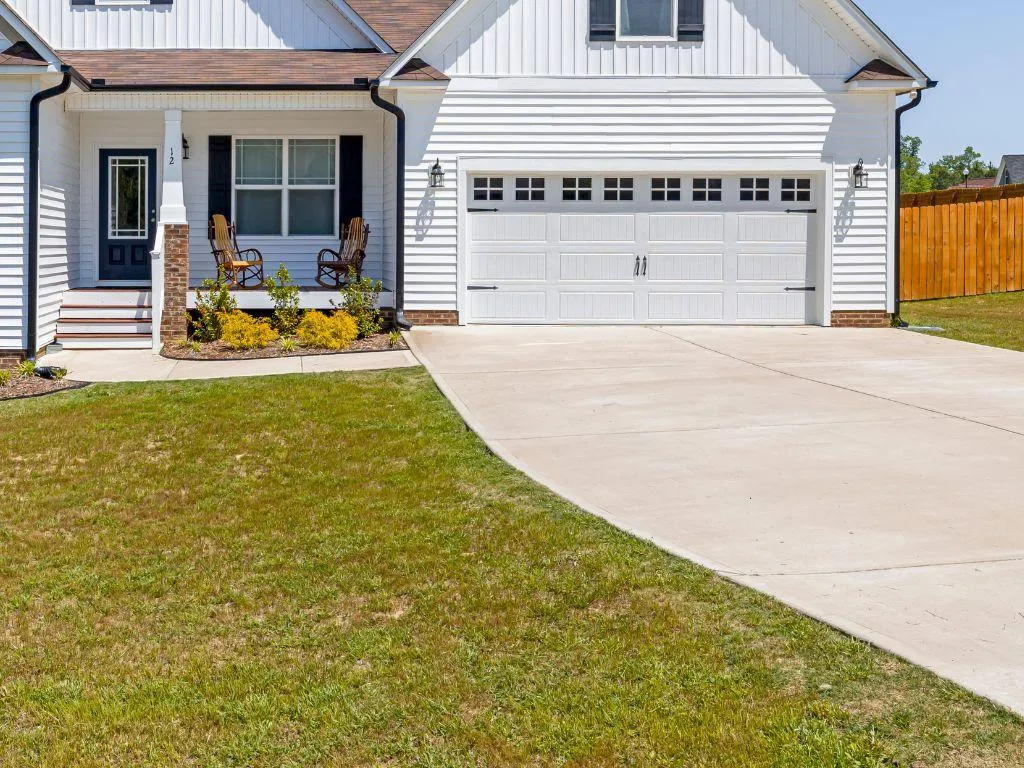
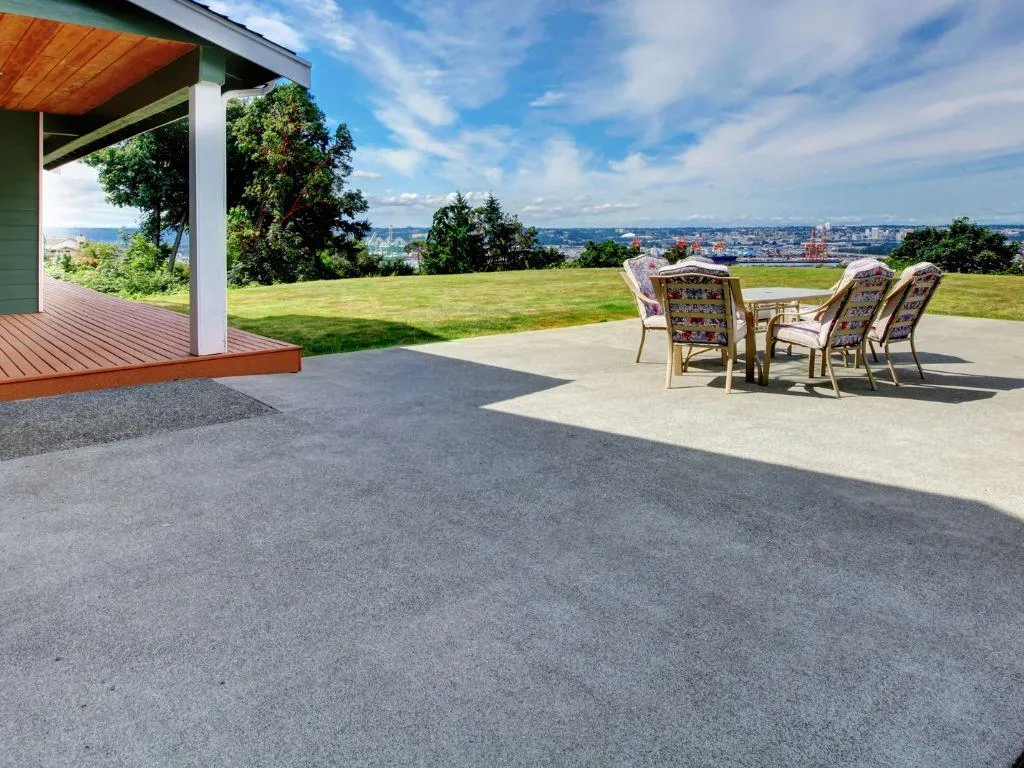
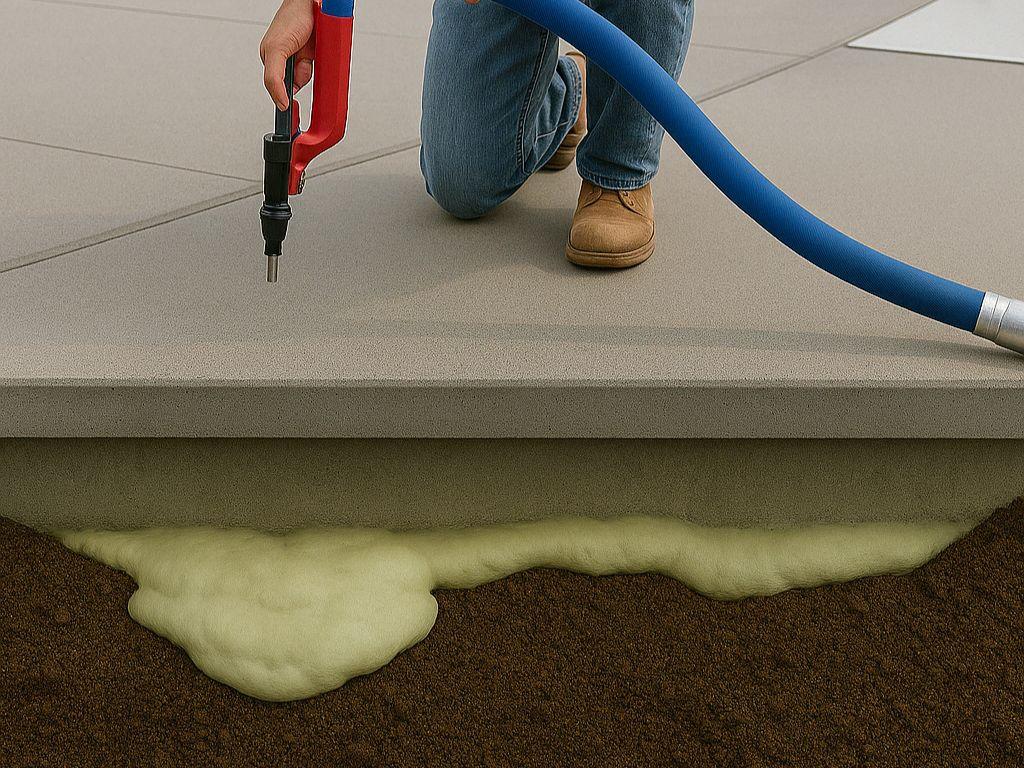
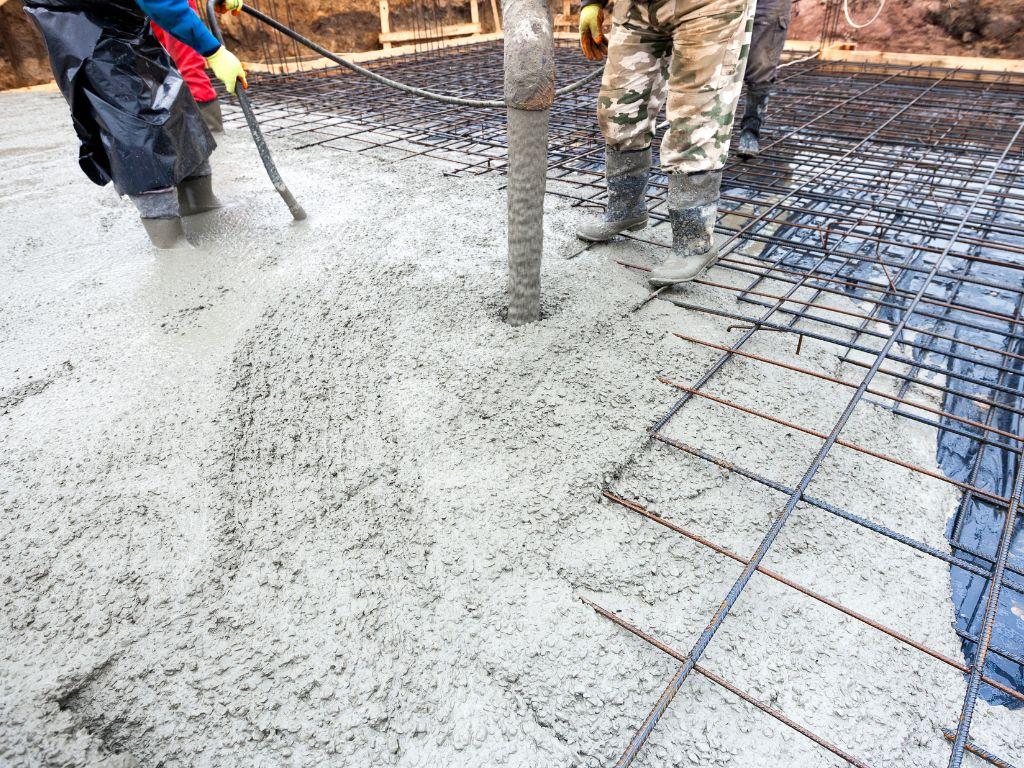
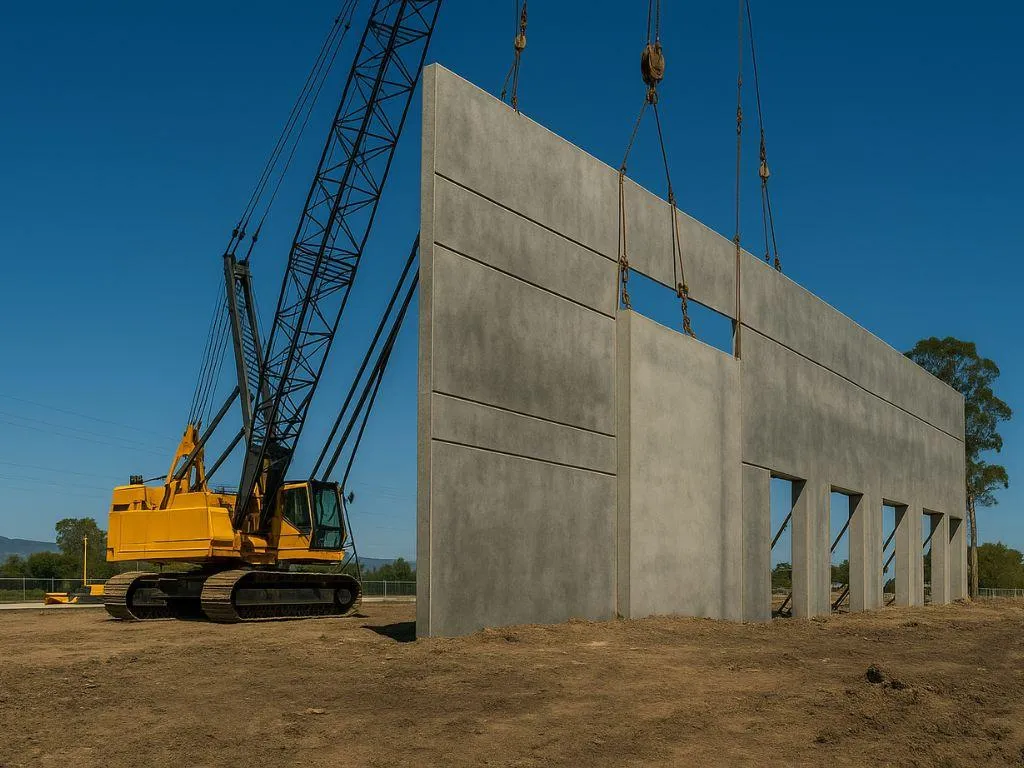
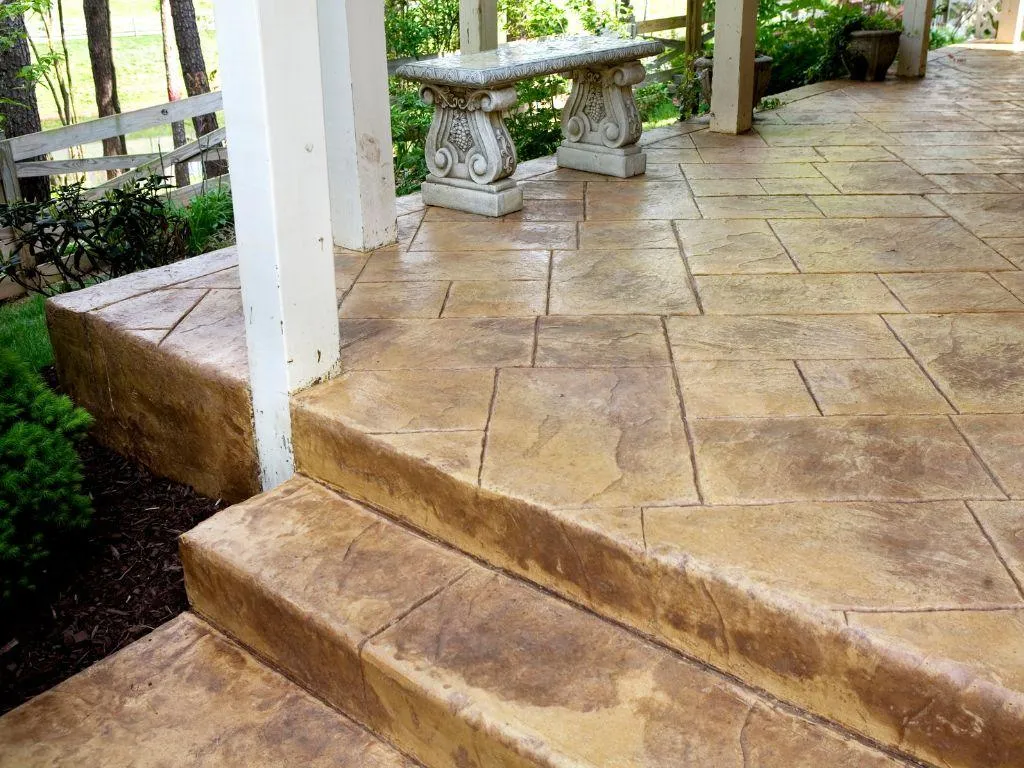
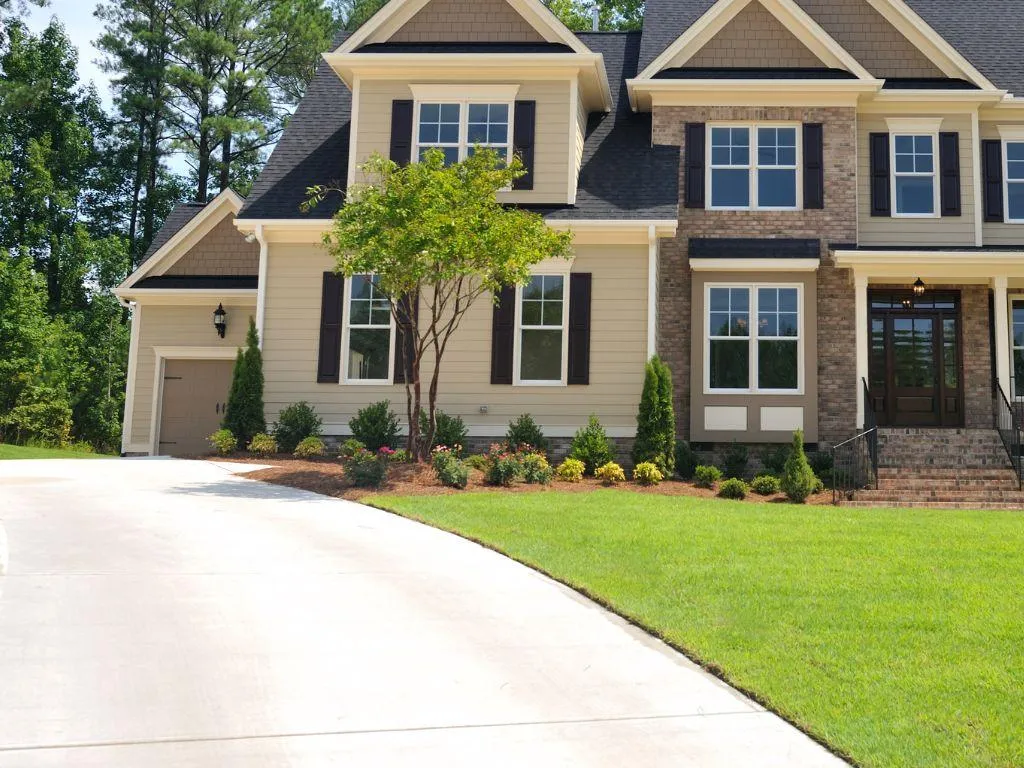
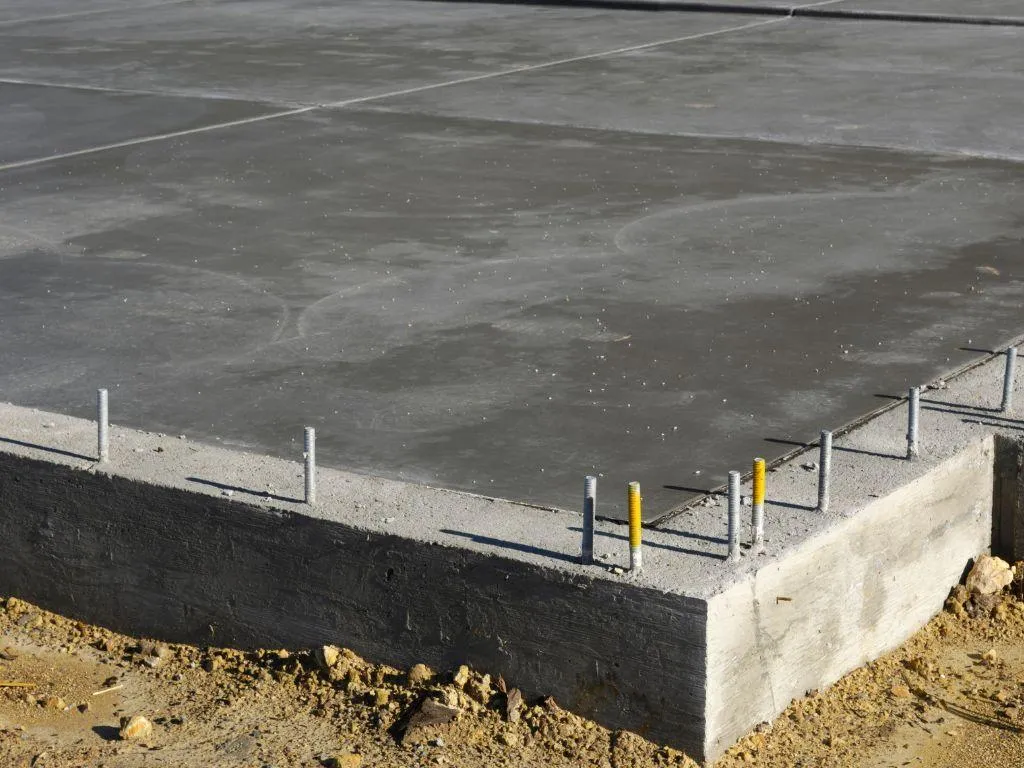
testimoniAls
Concrete Commandos Melbourne did an outstanding job replacing our old driveway. We didn’t realize how uneven it had gotten until they pointed it out during a free inspection. They explained the process clearly and got the work done ahead of schedule. The new broom-finished concrete looks sharp and drains perfectly.
I contacted Concrete Commandos Melbourne after seeing cracks spreading near our garage. They came out the same day, stabilized the area, and came back two days later to finish a clean, professional repair. Their speed and precision were impressive.
We’ve worked with a few contractors around Melbourne, but none matched the professionalism of Concrete Commandos. They gave us a straight quote, showed up on time, and left everything spotless. Our new patio looks better than we expected.
I was nervous about pouring a slab for our shed because of the slope in our backyard, but the team at Concrete Commandos Melbourne handled it perfectly. They graded the area, reinforced the base, and had the slab poured in two days. Everything went smoothly.
We hired Concrete Commandos Melbourne after getting a few quotes. They weren’t the cheapest, but they clearly knew their stuff. The walkway they poured around our house came out flawless, and they even fixed a few drainage issues we didn’t catch. Outstanding crew.
Frequently Asked Questions
How thick should a concrete driveway be?
Typically 4–6 inches. Lighter passenger vehicles can go with 4”, but trucks and trailers require 6”. We also reinforce with rebar or mesh.
What’s the difference between slabjacking and full replacement?
Slabjacking raises your existing concrete using injected grout or foam. It's faster and cheaper than ripping out and replacing the slab.
How long does concrete take to cure?
It takes 28 days to fully cure and reach max strength. You can usually walk on it after 24–48 hours and drive on it after 7 days.
Do I need rebar in my patio or driveway?
Yes. Reinforcement is essential to prevent long-term cracking, especially on Florida soil. We never skip rebar or mesh.
Will you remove my old concrete?
Absolutely. Our quotes include demolition, haul-off, and site grading unless you request otherwise.
Do you offer colored or decorative concrete?
We currently focus on structural, functional concrete, not decorative or stamped finishes. We prefer to specialize in what we do best.
What is the best PSI strength for my project?
Most residential jobs use 3,000–4,000 PSI. Foundations and commercial slabs may require 4,500–5,000 PSI depending on design.
How much does a concrete project cost?
Prices vary by square footage, thickness, PSI, site access, and finish. We offer free, no-pressure quotes with full scope included.
Can you handle commercial jobs?
Yes. From dock ramps to parking lots and tilt-up walls, we’ve handled commercial pours for retail, warehousing, and office builds.
Can I pour concrete during extreme heat or cold?
We monitor weather and plan pours accordingly. In summer, we use additives to manage fast set times. In colder months, we adjust mix and curing techniques.
How long does a concrete driveway last?
With proper base prep and maintenance, expect 25–30 years of use. Sealing every 3–5 years can help extend its life.
GET YOUR FREE ESTIMATE TODAY!
Service Hours
Monday-Friday 8:00AM-5:00PM

Copyright 2026 / Concrete Commandos Melbourne / All Rights Reserved
This site is a service to assist homeowners in connecting with local service contractors. All contractors are independent and this site does not perform, not warrant or guarantee any work done by the contractor you engage. It is the responsibility of the property owner to verify that the hired contractor furnishes the necessary license and insurance required for the work being performed.
